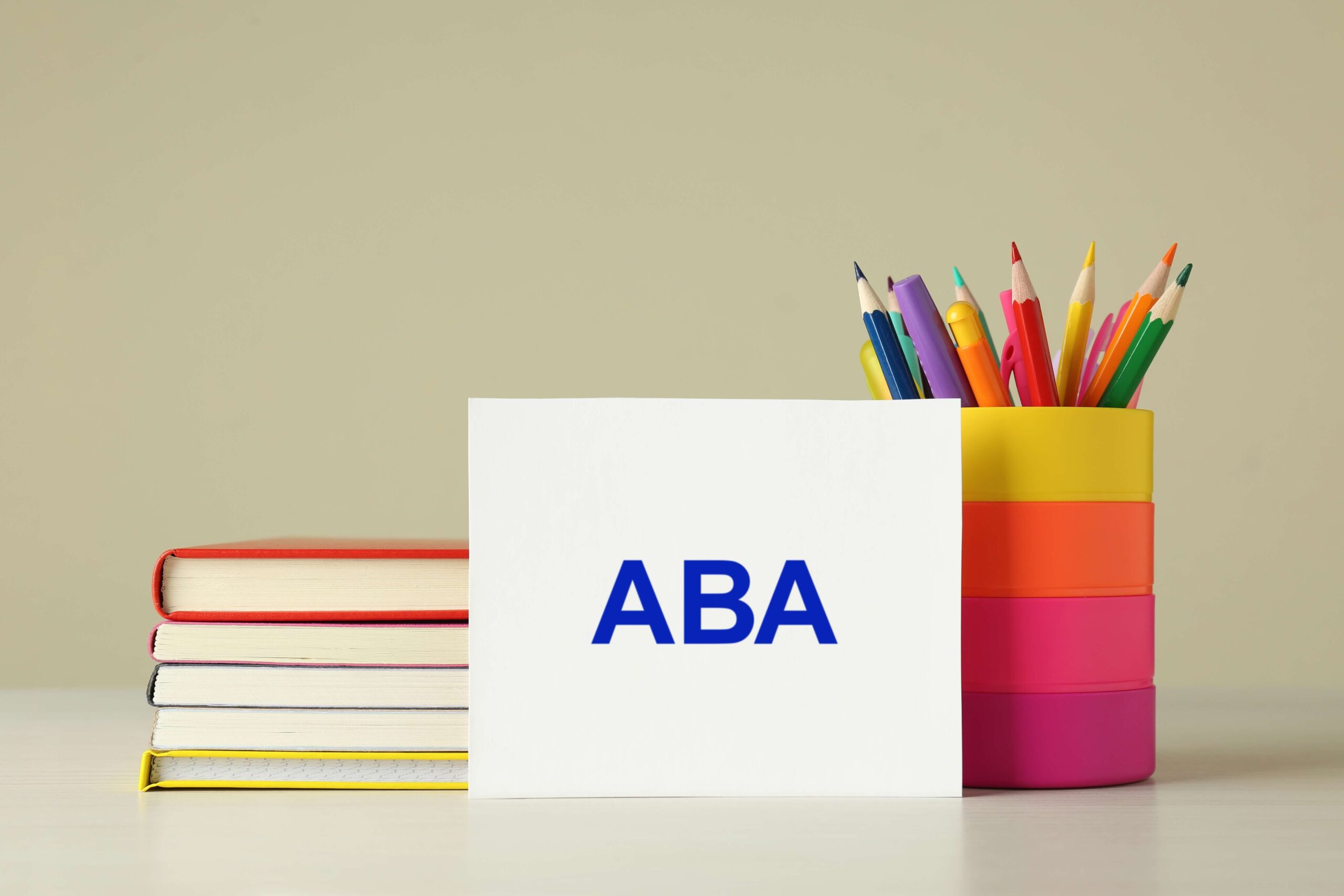Aug 11, 2022
When should my child start ABA therapy
The time after a child receives a diagnosis can be filled with many unknowns. There are many decisions that families must make for their children and there is no crystal ball that can instruct a family towards what services will provide a favorable outcome. There is only one course of treatment that all special education experts agree will set a child up for future successes: beginning therapy as early as possible.
Early intervention is a national program for children 3 years old and under geared towards allowing families and children access to therapies such as ABA starting as young as infancy. A child’s early experiences play a critical role in brain development. Receiving therapy from a young age can have a significant impact on a child’s ability to learn new skills and overcome challenges and can increase success in school and life (CDC, 2019). According to the Institute of Child Health and Human Development there are significant negative effects of delaying early access to therapies such as ABA. “It takes four times as long to intervene in fourth grade as it does in late kindergarten because of brain development and because of the increase in content for students to learn as they grow older”. Children can avoid future learning challenges by receiving Early ABA therapy. Teaching children targeted, individualized skills when there are young increases their potential for success since It is easier for a child to acquire skills when a child is younger because of the brains plasticity to learn new things.
Research shows that a child that starts ABA therapy in childhood has the potential to make significant improvements but emphasizes that ABA therapy is most effective the earlier it is begun. One of the original studies of the benefits of early ABA therapy found that children who began ABA therapy before turning 5 had better outcomes that children who started ABA therapy after 5 years old (Fenske, Zalenski, Krantz, & McClannahan,1985). Subsequent studies demonstrated that children who began ABA therapy as early as 2 and 3 years old led to significant cognitive and adaptive skills. Access to inclusive educational settings in a mainstream classroom is among the significant long term gains made by children who received early access to ABA therapy.
Using ABA as early as possible to address the deficits of Autism can address and decrease many situations frequently experienced in autism families. Deficits in skills associated with an autism diagnosis, such as not being able to communicate their wants and needs effectively, can often result in problem behavior (Koegel, Koegel, Ashbaugh, Bradshaw, 2014). A child might also engage in behaviors such as screaming and tantrum to gain access to an item if they lack functional communication. Behaviors become a form of communication because parents often respond to these behaviors by giving a child what they want when they exhibit the maladaptive behavior to try and stop the behavior from occurring. What parents don’t realize is by engaging in the cycle in the short term stops the behavior from occurring, but in the long term causes the behavior to happen more frequently because the child learns that they will get what they want by engaging in the behavior. The longer a child engages in these behaviors, the more resistant the behavior becomes to change.
Starting ABA therapy early and as close to the onset of behaviors will teach critical skills to both the child and the family to decrease any maladaptive behaviors. ABA therapy can teach a child skill such as functional communication training to replace maladaptive behaviors and parents learn how to respond when their child is engaging in maladaptive behaviors in a way that reinforces the replacement skill not the behavior. These supports have been shown to help both family members and the child gain skills that enable the child’s needs to be better met.
There are so many reasons why families do not start ABA therapy early. Parent’s did not know about it. They did not think their child’s deficits were permanent, they thought their child would “grow out of it”. Parent’s did not want to label their child and stigmatize them too early. The list of reasons for not starting ABA therapy as early as possible is endless. By delaying early access to ABA therapy is likely that there will be significant negative consequences for children with ASD (National Research Council, 2001). This is why it is crucial for families to speak with their pediatrician if they suspect their child has any developmental delays.
I have never worked with a family who has regretted starting ABA therapy early, I have only heard regrets from families who didn’t start soon enough.
To any family who is at the beginning of navigating their child’s delays or autism diagnosis- don’t delay. Find out how your child can begin receiving ABA therapy as soon as possible in your local area.
To any seasoned autism families who have not yet started ABA therapy, it’s never too late to get your child the help they need.
For more information on the benefits of early intervention and ABA please reference:
https://pediatrics.aappublications.org/content/136/Supplement_1/S60


